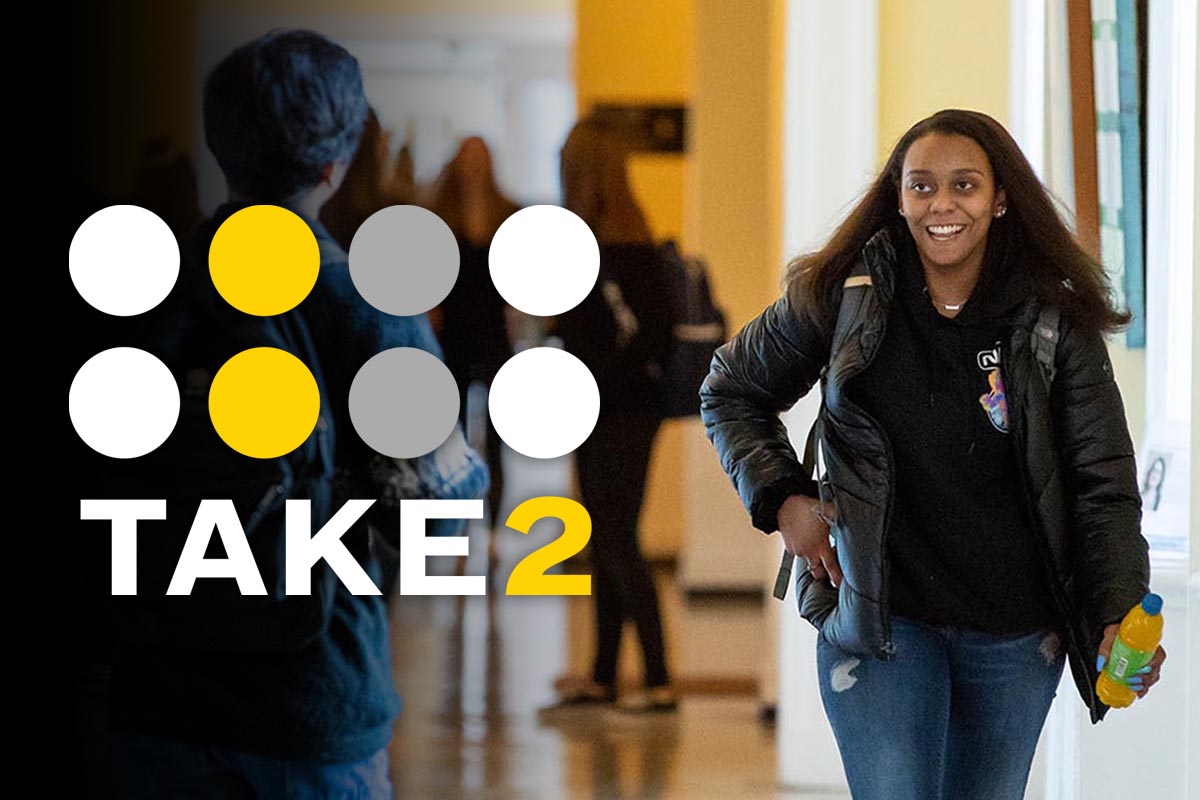Grant allows College to host training for local science teachers for sixth year
Randolph professors Peter Sheldon, Peggy Schimmoeller, and Amanda Rumore want kids to love science. That’s the driving force behind their efforts to work with local public and private school teachers to provide more hands-on lessons and engaging experiences for area children.
Last week, the team of professors was awarded a $139,526 grant from the State Council of Higher Education Virginia (SCHEV) for their program, “Teaching Math and Science in a Changing World.” This is the sixth time in the last seven years SCHEV has provided the grant funding for Randolph’s special program for area teachers.
The next one will take place in June 2016. Selected teachers of third through ninth grade will receive training during an institute held June 20-24 at Randolph in the hands-on and inquiry-based instruction of earth science, biology, chemistry, physics, math, and pedagogy.
In addition to the 40-hour week at the institute, the 65 participating teachers may apply to be instructors at Jubilee Family Development Center’s science camp the following week in order to put what they’ve learned into practice. The following fall, Sheldon, Schimmoeller, and Rumore will observe the teachers in action during at least one classroom science lesson.
“Teachers feel that what is provided in the sessions can easily be modified for grade level appropriateness and most activities are very economical,” said Maria Jaeger, supervisor of math and science for Lynchburg City Schools.
Jaegar provided comments from one middle school teacher who called Randolph’s program “the best free professional development opportunity available.”
“I have found that this professional development provides me with fresh ideas for the school year,” the teacher said. “I’ve used and continue to use many of the activities that were presented throughout the years in my own classroom.”
Other program benefits include the opportunity for teachers to earn $1,000 mini-grants that can be used for research, supplies, or other resources to help them better engage their students in science lessons. As part of the grant, they agree to return to the institute the following year and present the results of their new teaching methods to the other teachers there.
Participating teachers are also offered the opportunity, along with a small stipend, to run workshops at their schools to share what they have learned with colleagues. Schimmoeller said several participants have taken advantage of that opportunity, which has increased interest in the program at Randolph.
“That really helps get the word out,” she said. “What’s interesting is teachers keep coming back to the institute year after year. We’ve had some that have been here all five years.”
Sheldon said the topics covered in the institute change from year to year so that those returning teachers always have exciting new material to learn.
“Within the basic sciences, we pick and choose topics that are requested by the teachers,” said Sheldon. “We meet with the school divisions ahead of time and ask where they perceive the weaknesses and needs are. We then decide what we’re going to teach, partly based on that, and partly based on what interesting topics we can come up within our subject areas.”
Schimmoeller said the program also helps build the teachers’ confidence in teaching science lessons.
“A lot of elementary teachers have very limited exposure to science,” she said. “I think the requirement is they take two science classes during their undergraduate education, in any science subject.”
“And they’re expected to teach all of them,” added Rumore.
Since 2009, over $800,000 in grant funds has been awarded to the program at Randolph from the State Council of Higher Education Virginia. This year, SCHEV received 21 proposals requesting about $3 million, and awarded $1 million to 10 schools, including Randolph.
Tags: Amanda Rumore, institute, Peggy Schimmoeller, Peter Sheldon, SCHEV, science, State Council of Higher Education Virginia
